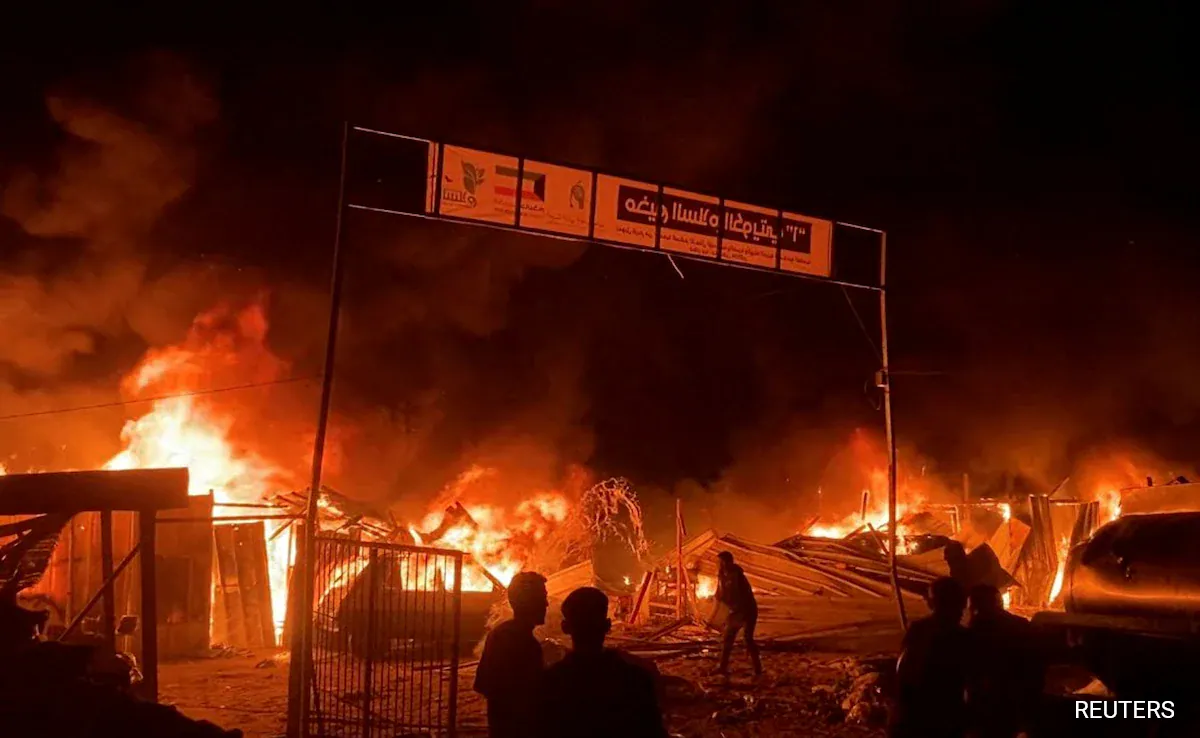The much-anticipated unveiling of the latest Gaza peace plan took a turn no one could have predicted. Dubbed as the breakthrough the world had been waiting for, the reveal event, held in a grand auditorium filled with hopeful diplomats and eager media representatives, quickly descended into satire.
As the curtain fell, revealing not the blueprint for peace but rather a banner boldly proclaiming “More Violence,” the audience was left in a state of shock. The dramatic reveal, intended as a satirical jab at the cyclical nature of failed peace negotiations, instead highlighted the absurdity of the situation.
The event, organized by an unknown group of political satirists, aimed to draw attention to the repetitive and often ineffective attempts at resolving the conflict in Gaza. “We wanted to make a point about the endless cycle of violence and the so-called peace plans that lead nowhere,” explained one of the organizers, speaking on condition of anonymity.
The satirical plan proposed a series of increasingly absurd measures, including mandatory pie-throwing contests between leaders and a suggestion to replace diplomatic negotiations with an annual tug-of-war competition. “It’s as likely to achieve peace as anything else we’ve tried,” the organizer added with a sardonic chuckle.
The international reaction has been mixed, with some condemning the stunt as insensitive and others applauding the bold attempt to critique the stalemate in peace efforts. “While the method is questionable, it’s hard to deny the message,” remarked a seasoned diplomat who attended the event, still visibly confused.
Critics argue that making light of such a serious issue undermines the genuine efforts of those working towards a resolution. However, supporters of the stunt suggest that humor can be a powerful tool in highlighting the absurdity of ongoing violence and the failure of traditional diplomacy.
As the world grapples with the implications of this unconventional approach to diplomacy, the event has sparked a wider conversation about the role of satire in political discourse and the desperate need for innovative solutions to seemingly intractable conflicts.
In the aftermath of the “reveal,” calls for a renewed and sincere effort towards peace have grown louder. “Perhaps it’s time we consider that the real plan for peace shouldn’t involve more violence, even in jest,” mused a peace activist, reflecting on the event’s deeper message.

